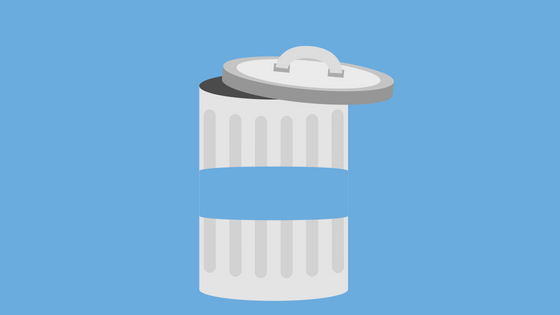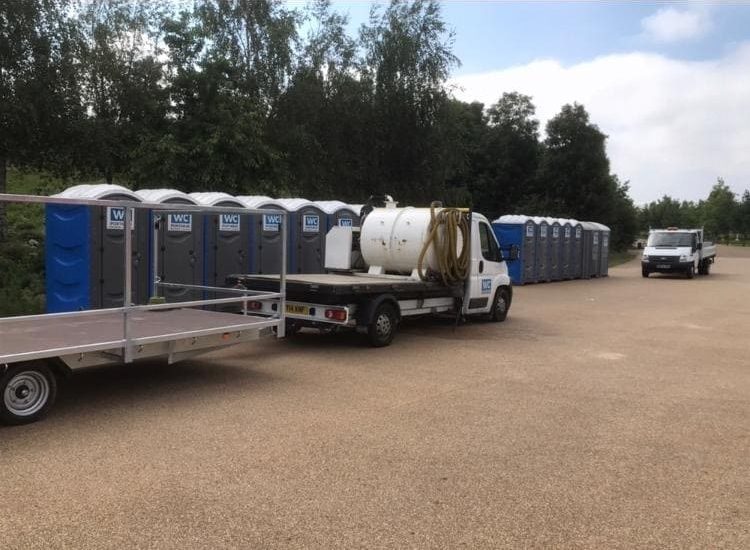Our environment, animals and the human race can benefit from an effective recycling of toilet waste. Certain parts of the world are constantly battling with drought and food scarcity issues and recycling of our toilet waste can help solve these issues. About 124 million people in 51 countries face food scarcity and starvation while drought continues to affect millions in countries like India and Haiti. As temperature rises, rainfall drops and lakes dry up in certain countries in Africa, drought increasingly becomes a challenge that requires innovative and sustainable solutions.
Sewage water to tap water:
California has experienced different periods of serious drought which has led to an increased focus on the recycling of wastewater. There is a leading waste water facility which produces about 100 million gallons of water per day which is sufficient for over 850, 000 people. An adoption of the wastewater facility across other countries outside the US will help address the issues of drought. The UN has advised that about 50% of the world’s population will experience water shortage by 2030. There is still a great degree of scepticism around the recycling of wastewater for drinking. Without alternative processes like the recycling of wastewater, a segment of the world population run the risk of experiencing drought and contacting sicknesses such as cholera and diarrhoea. There is the need for more public enlightenment on the suitability of drinking recycled wastewater. It is a sustainable and appropriate way for ensuring the world is more prepared to deal with drought.
It is a very thorough process that begins with the microfiltration of the treated wastewater, extracting solids, oil and bacteria. The generated liquid then undergoes a reverse osmosis, propelling it through a smooth plastic membrane that excludes or filters out microorganism and medicines. This is a thorough process that leads to a third stage where the water is treated with UV light to get rid of any organic compound. The generated water finally joins the groundwater supply and undergoes a strict quality control to ensure high legal standards are attained.
Sewage water to fertilisers
Our soil needs fertilisers to aid the growth of crops which leads to increased food production. Urine contains phosphorous which is a good ingredient in fertiliser. When urine is recycled into a fertiliser, it produces phosphate fertilisers that are instrumental to food production. Usually, phosphate fertilisers are produced from phosphate rocks. The reserves of these rocks around the world are believed to be running out and the use of alternative resources like urine becomes important. Phosphorus in plants is essential as it enhances the usefulness of other nutrients. Phosphates are among the three ingredients a plant needs and are the “P” in the NPK balance found in fertilisers. This highlights how urine is essential and sustainable in the production of fertilisers used in soils.
Food and water are essential for human existence. It is also clear that the waste we generate from private and standard portable toilet units can be recycled to aid the production of drinking water and fertilisers used in plant production. The recycling of this wastewater is a sustainable process that helps societies tackle the drought and starvation incidence that arises as a result of drying lakes, shortage of rainfall and finite nature of phosphate rocks.




